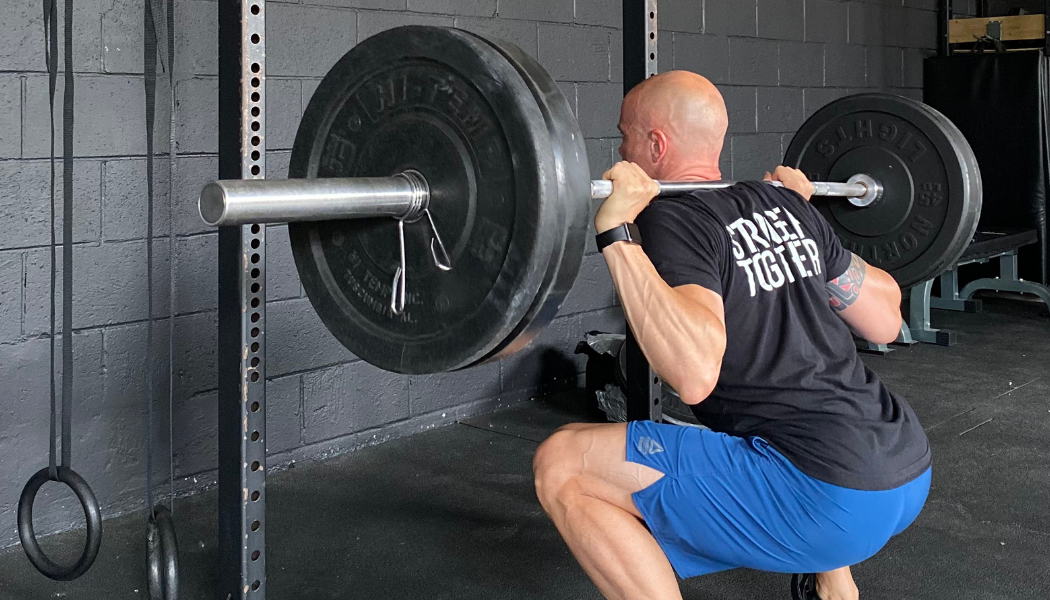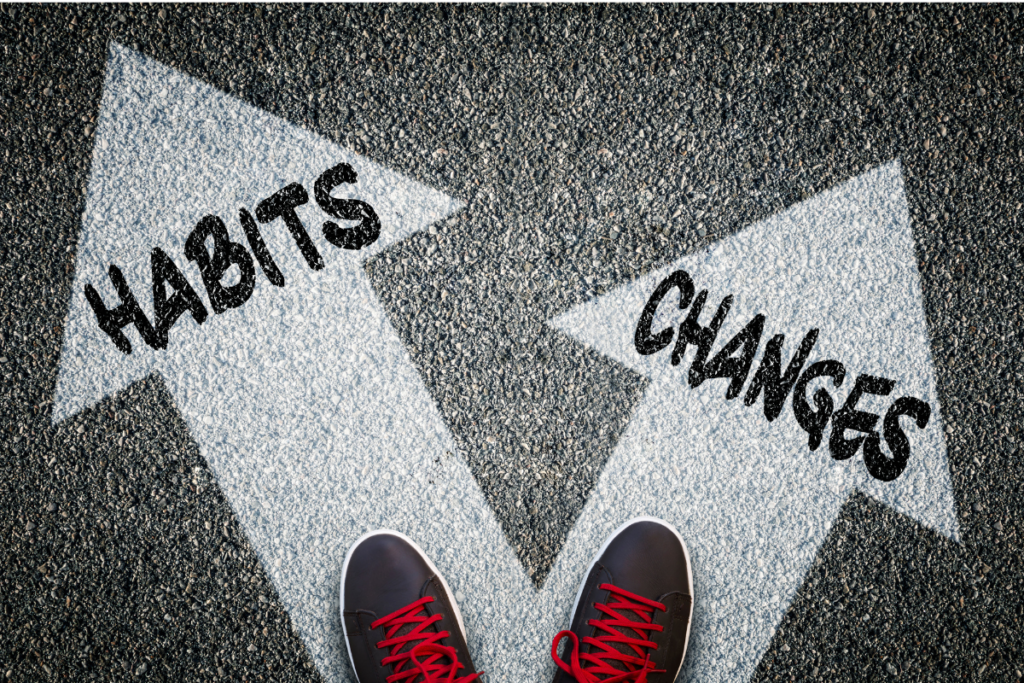How Fast Can You Gain or Lose Fitness?

Many people who are thinking about exercising want to know how fast you can gain fitness.
And current exercisers often want to know how fast you lose fitness if you stop training.
Here are your answers!
Gaining Fitness: It Only Takes Weeks
We have great news for you: If you haven’t been working out, you can measurably improve fitness in weeks.
If you’re currently working out, the answer will be different because progress slows over time. Think of a world-champion sprinter: It will take a lot of work to make that runner even a little faster. It will take less work for a newer runner to increase speed. It’s the same with general fitness.
For less-experienced people, it doesn’t take long to see results in the gym. How long? In general, you can expect to see measurable results in about six weeks of training if you work out properly. Many factors will affect this timeframe: the workouts you do, the frequency of training, the intensity of the workouts, your diet and sleep, your stress levels, and so on. A qualified coach can tell you exactly what to do to get optimal results.
It’s not uncommon for new clients to feel a little sore after the first few workouts but then feel noticeably better both mentally and physically. Some will tell us they have more energy and “feel stronger” after just a few weeks of training, and others will report changes in confidence and mood. We love hearing about stuff like that, but we also rely on metrics so clients have actual data that shows their progress.
For example, we can track performance on conditioning workouts, strength progression, and weight and body-fat levels, to name just a few metrics. Some will move faster than others. New clients often measurably improve strength in four to eight weeks, and conditioning improvements are very common, too. Significant weight and fat loss can take longer, but small changes often happen in the first two months of training.
Here’s amazing news: These swift results are common with people of any age! No matter how old you are, you can get real results in the gym in a relatively short time.
Will you experience rapid changes forever? No, the fitness improvements slow down a little as you gain experience. But that’s OK: You can make steady progress for decades, and a coach can tell you exactly what to do to keep moving forward. Chasing milestones becomes a lot of fun. The best part? You’ll be healthier long term!
If you want even more specific info on training adaptations, check out this detailed article for a list of training-related changes to the muscles and the cardiovascular and respiratory systems.
Fitness: No Work, No Reward
Here’s the truth about fitness: Use it or lose it. If you stop training, you can expect to slide backward. This doesn’t happen instantly, so don’t stress if you miss a workout or two. And a holiday once in a while won’t derail you completely.
In general, you can expect to start moving backward in about two to four weeks without activity. If you’re inactive for longer periods, such as two to six months, your fitness levels will be significantly reduced.
Again, these declines will be influenced by several factors. For example, someone who stops training and moving completely will experience a swifter decline than someone who stays relatively active outside the gym. And someone who quits training altogether will move backward while a person who just reduces training might be able to maintain fitness even if it isn’t improved further.
In addition, some research has found that well-trained people hold their fitness longer than those who don’t train for very long before dropping the healthy habit. You can read more about that here.
The bottom line: You shouldn’t feel panicked if you miss a few workouts. But if you want to preserve your fitness level, it would be a mistake to pass on training and activity for two to four weeks. The best plan of all: stay active for life and constantly work to improve your health and fitness in the gym.
Talk to a Coach!
Many factors determine how quickly you gain or lose fitness, but we’ve given you some general timelines.
If you’d like to learn more about how fast you can move toward your specific fitness goals, we can help! We’ll find out what you want to accomplish, put together a clear plan and lay out some milestones for you. Book a free consultation with us here collectivefit.ca
The post How Fast Can You Gain or Lose Fitness? appeared first on CollectiveFit.
More Posts





